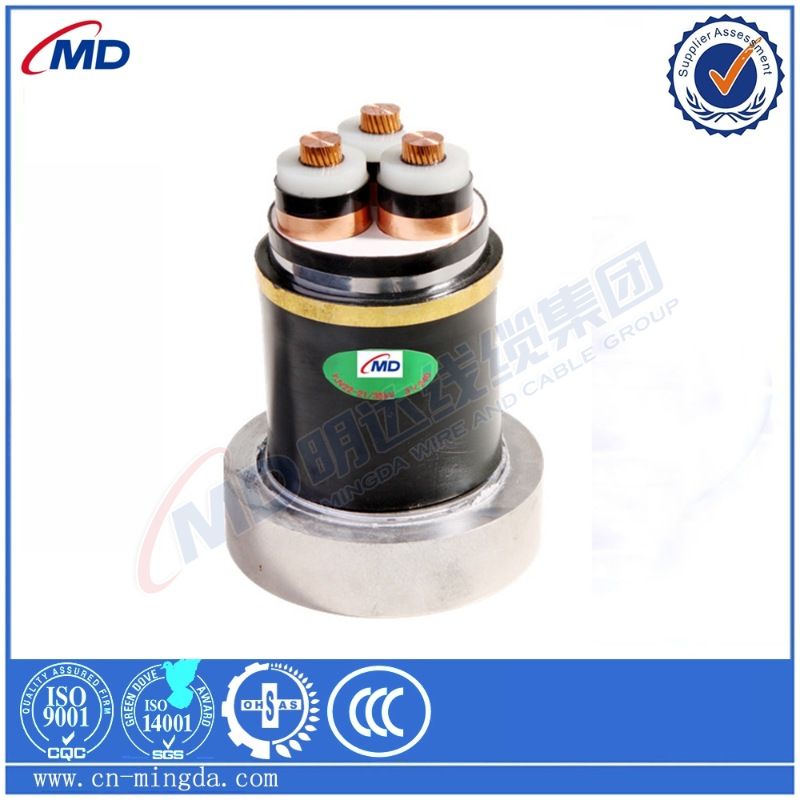9 月 . 25, 2024 06:25 Back to list
Casting Process for Ball Valve Manufacturing and Its Benefits
The Benefits of Casting Ball Valves in Industrial Applications
Casting ball valves have become a fundamental component in various industrial applications, thanks to their durability, reliable performance, and versatility. These valves are designed to regulate the flow of liquids and gases in pipelines, making them essential in industries such as oil and gas, water treatment, chemical processing, and HVAC systems.
One of the primary advantages of casting ball valves is their robust construction. Made from high-quality materials such as stainless steel, brass, and carbon steel, these valves can withstand extreme pressures and temperatures. This makes them ideal for high-stakes environments where failure is not an option. Additionally, the casting process allows for complex shapes and sizes, accommodating the specific requirements of different applications.
Another significant benefit is the efficiency of ball valves in flow control. The design features a spherical disc that pivots to either open or close the flow path. This mechanism allows for minimal resistance when fully open, ensuring a smooth flow of fluids. Moreover, ball valves provide excellent sealing capabilities, reducing the risk of leaks and ensuring safety in operations.
casting ball valve

Ease of operation is also a highlight of casting ball valves. They can be operated manually with a lever or automatically with actuators, allowing for seamless integration into automated systems. This versatility enhances operational efficiency, making them suitable for both large-scale industrial processes and smaller applications.
Furthermore, the maintenance requirements for casting ball valves are relatively low compared to other valve types. Their simple construction means fewer components that can wear out, and in most cases, they can be repaired rather than replaced. This characteristic can lead to significant cost savings over the lifespan of the valve.
In terms of environmental impact, casting ball valves can contribute to more efficient processes, helping industries reduce their carbon footprints and comply with tight regulations. Their reliability in harsh conditions minimizes the risks of spills and emissions, further promoting sustainability.
In summary, casting ball valves offer numerous advantages that make them indispensable in various industrial sectors. Their durability, efficient flow control, ease of operation, low maintenance requirements, and environmental benefits underscore their significance in enhancing operational efficiency and safety. As industries continue to evolve, the role of ball valves will remain crucial in developing reliable and sustainable fluid management systems.
Share
-
Understanding the Differences Between Wafer Type Butterfly Valve and Lugged Butterfly ValveNewsOct.25,2024
-
The Efficiency of Wafer Type Butterfly Valve and Lugged Butterfly ValveNewsOct.25,2024
-
The Ultimate Guide to Industrial Swing Check Valve: Performance, Installation, and MaintenanceNewsOct.25,2024
-
Superior Performance with Industrial Swing Check Valve: The Essential Valve for Any SystemNewsOct.25,2024
-
Industrial Swing Check Valve: The Ideal Solution for Flow ControlNewsOct.25,2024
-
You Need to Know About Industrial Swing Check Valve: Functionality, Scope, and PerformanceNewsOct.25,2024